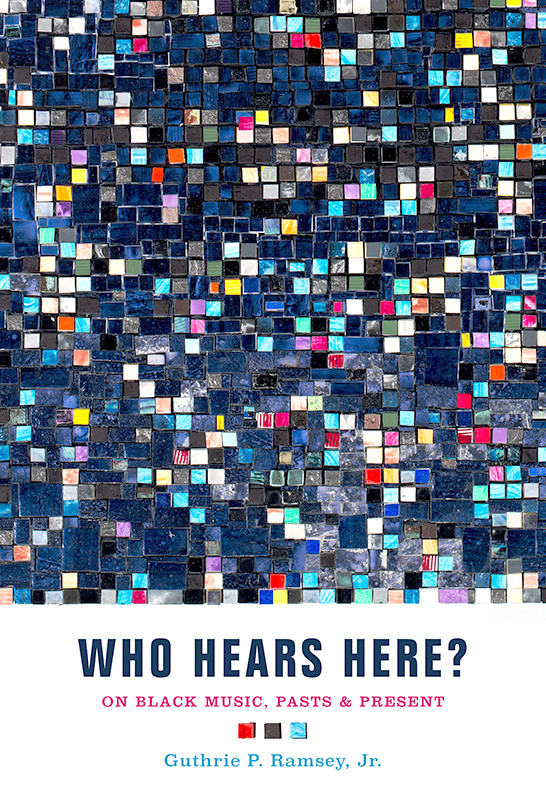
ABOVE PHOTO: Guthrie Ramsey Jr. (Photo by Njr2 Photography)
By Steve Bryant
Guthrie Ramsey Jr., PhD, is considered one of the country’s foremost authorities on the history and evolution of music created by Black Americans during the duration of their four century sojourn in this country. A professor emeritus of music at the University of Pennsylvania, Ramsey has spent the last 25 years studying the connections between Black cultural studies and musicology.
A prolific writer, Ramsey has authored several books and articles tracing the relationship of the various idioms of Black American music, ranging from sacred music to jazz, as well as blues, R&B and hip hop. His latest book, “Who Hears Here? On Black Music, Past & Present” (University of California Press), is a collection of 14 articles and essays which offer a detailed analysis of the historical connection and relationship between these varied idioms.
Ramsey presented a talk last Wednesday at the Free Library of Philadelphia to discuss the ideas and theory which he presented in the new book. The program was moderated by academic and media personality Marc Lamont Hill, who is also the owner of Uncle Bobbie’s Bookstore in Germantown.
The presentation took the form of a conversation rather than a lecture.

Ramsey began his presentation by giving an insight into the format of his book, and why he placed the essays in a certain sequence. He stated that his analysis of music is based on four premises: people involved in the development of musical idioms, how it influences their musical experience, and the different musical idioms that develop and evolve over time.
To formulate his analysis of different musical criteria, Ramsey applies a four-part equation: people, music, time, and place. The people are the musicians, audiences, and critics. Music is perceived through the structure and syntax of organized sound, while time and place of creation and development are viewed through the lens of musical history and geography.
Through this analytical template, Guthrie stated that he based his essays in a sequential manner. For him, African American music began with the memories of rhythm dance and song brought over on the slave ships. It was this physical expression of musicality which provided the basis of spirituals, as well as the dances African people performed on the ships and in spaces such as Congo Square in New Orleans.
Guthrie also has been able to identify the evolution of Black music through its progression from those historical idioms to the development of jazz in all its forms; blues to bebop, R&B to rock, funk and hip-hop.
Guthrie especially views jazz, as characterized in its progressive and “free” forms, as an experimental space in which music has been allowed to develop and evolve. He cites the example of jazz pianist Robert Glasper, who through his Grammy-winning recording, “Black Superhero,” has been able to develop an entirely different sound through his use of synthesizing straight ahead jazz with the more mainstream sounds of R&B and hip-hop.
Another topic Guthrie discussed was how people related to music on a more personal, visceral level. He explained that people relate to music based on the time and place they’re in, whether at a party, listening in a car, or at a live performance. They relate to music on a collective as well as an individual level.
Some of the questions posed by Hill were indicative of people’s individual experiences with music.
One that stood out was related to the recent halftime performance by Rhianna at Super Bowl LVII. Hill perhaps posed the question as a means of drawing the audience into conversation. However, it focused more on her singing and dancing styles rather than the aesthetics and the experiential content of the songs she sang.
Ramsey’s response illustrated the tensions between academic analysis and individual experience.
Ramsey’s essays, which I find quite fascinating, are written in that didactic style and manner which are quite suited to academia. However, the book, as well as Ramsey’s approach to Black music, does raise pertinent questions about not only the cultural history of our music, but also how we as a people experience the music.

















Leave a Comment